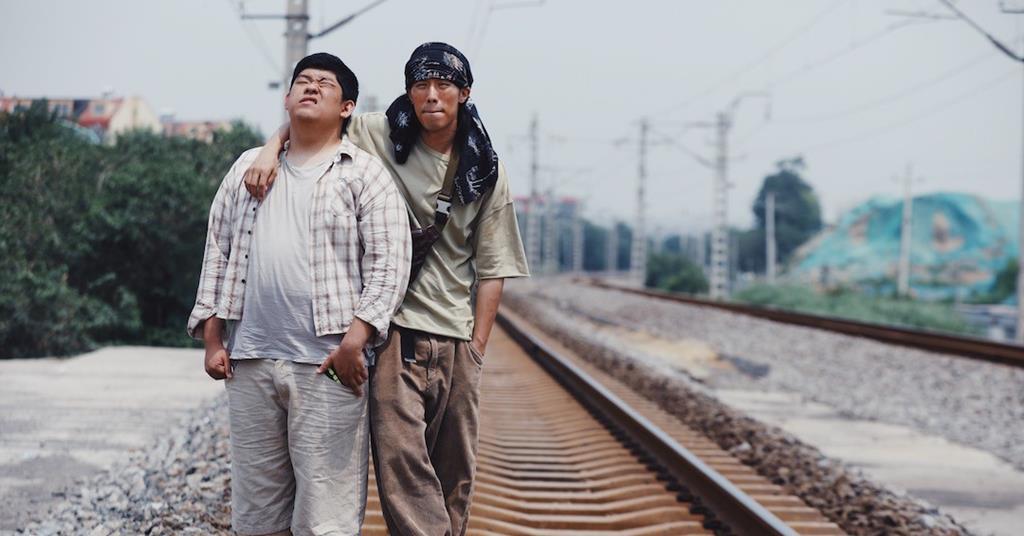Striding into the Wind
by Christie Robb
Director Shujun Wei starts this film with a shot of identical white sedans slowly completing a set driving course. The cars follow each other down the established path until one jerks to a stop for a moment before peeling away, erratically weaving in and out of the course until the driver jumps out and runs away.
It’s a metaphor for the protagonist Kun’s (You Zhou) approach to life. A film school student studying to be a sound engineer, Kun takes his dad’s money and invests in a ’97 Jeep despite failing to obtain a license. The film, co-written by Shujun Wei and Gao Linyang, follows Kun as he and the Jeep erratically weave in and out of the life path others attempt to set.
As is the case in other slacker films, it’s clear here what Kun doesn’t want. But it’s unclear if he has anything in the way of a vision for himself and his future. Like a toddler having a tantrum, Kun wants to break what he doesn’t like, but he lacks the ability to envision what would make him happy. So all his flailing around results in quite a bit of self-harm.
Eventually, Kun, his mullet, and his Jeep make their way out of Beijing and out into the countryside of Inner Mongolia for a film shoot, suffering an escalating series of misadventures and indignities along the way.
Very slow in its pacing, the film’s best moments are Shujun Wei’s wry presentation of the Chinese film industry. It serves up amusing caricatures of crew members—the video guys who can’t be quiet enough to capture ambient sound, the needy director requesting reassurance that his aesthetic sensibilities are up to snuff, and the lead actress trying to make sense of vague instructions while rebuffing the advances of her co-workers.
In the end, it’s a solid enough entry in the manchild coming-of-age genre, even if the ending tends toward the bleaker edge of the spectrum.

